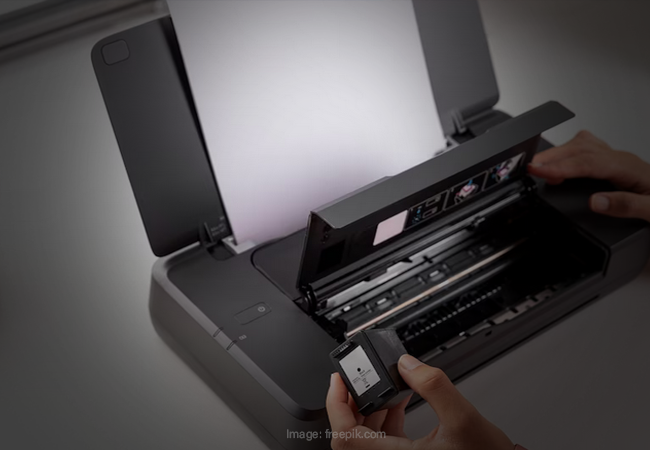Hewlett-Packard (HP), a well-known computer company, has lately attracted criticism for deactivating its printers when consumers use ink cartridges from competitors. Customers who feel constrained and tricked by the change have expressed indignation.
Introduction
This article will discuss the reasons behind HP's decision, the effect on consumers, and the continuing discussion over printer ink cartridge limitations.
Considerations for Printer Security and Performance
HP maintains that the firmware upgrade, which prevents non-HP ink cartridges from being used, was developed to limit the danger of malware attacks and to safeguard the hardware performance, print quality, and security of their printers. The corporation hopes to safeguard the integrity of its printing systems and protect their intellectual property by accepting only certified ink cartridges containing HP chips. Customers, on the other hand, believe that this limitation restricts their freedom of choice and may result in increased printing prices.
Customer Dissatisfaction and Cost Concerns
Customers have voiced their dissatisfaction on social media channels, claiming that the printer ink cartridge limitation tricked them. Many people believe that official HP ink cartridges are substantially more costly than third-party alternatives, which may be less than half the price. Customers' dissatisfaction has resulted in legal action and compensation claims against HP in a number of countries, when customers were not fully informed about the cartridge-blocking function or the accompanying expenses.
Concerns about consumer advocacy and competition
Which? and other consumer organisations have expressed concerns about the fairness of branded ink charges and the use of "dynamic security" procedures. Customers, they believe, should be free to pick more economical ink alternatives without being restricted by the printer maker. These activists have advocated for inquiries into printer makers' behavior in order to provide a level playing field for customers and to encourage fair competition.
Customer Choice and Transparency
HP claims that "dynamic security" printers are prominently labeled on their product packaging, technical documents, and internet resources. Customers, however, have found difficulty determining which printers have this capability, resulting in unintentional limits. Some printer models enable users to stop the cartridge-blocking function, while others do not. Before making a purchase, clients should do research and grasp the capabilities of the printer model.
Conclusion
The uproar over HP's ink cartridge limits exposes the fine line between printer security, brand protection, and consumer choice. While HP seeks to protect printer performance and reduce security threats, users claim that the restrictions imposed limit their ability to pick more economical ink choices. The continuing discussion highlights the need of more openness, better labeling of printer features, and policies that encourage fair competition while protecting consumer rights. As the printer business evolves, producers must address consumer concerns and investigate solutions that strike a balance between security, variety, and cost-effectiveness.
References:
URL: https://www.telegraph.co.uk/money/consumer-affairs/hp-printers-computers-ink-cartridges-rivals/


Post a Comment